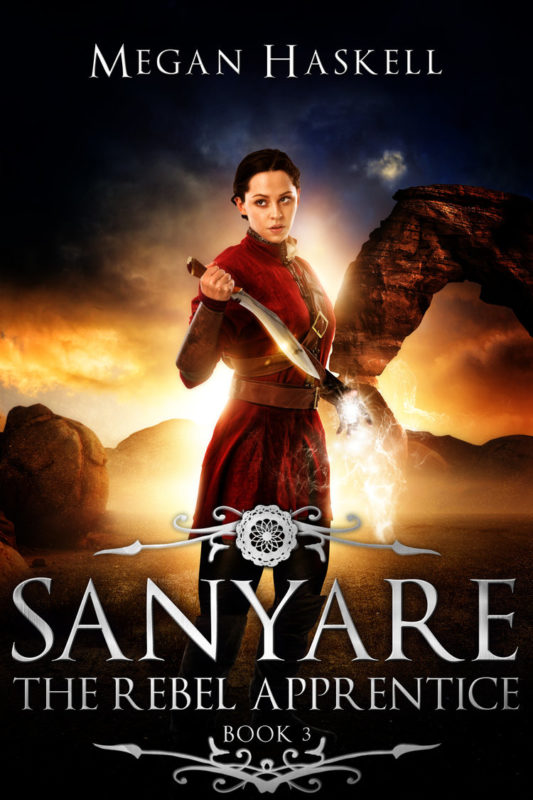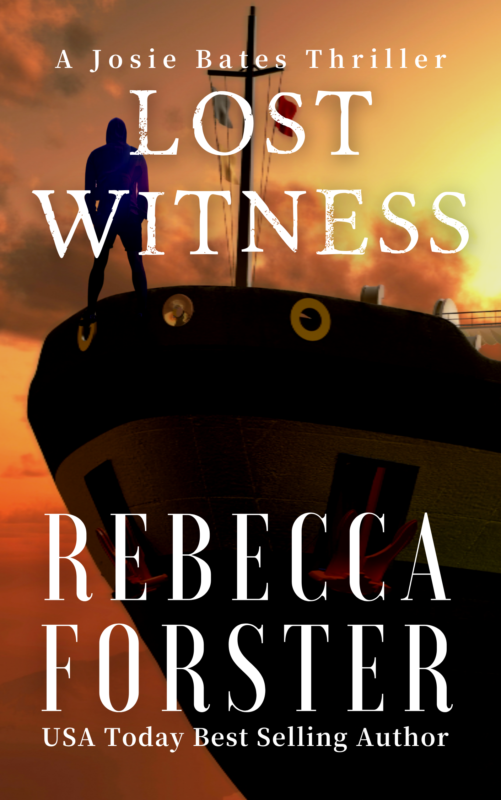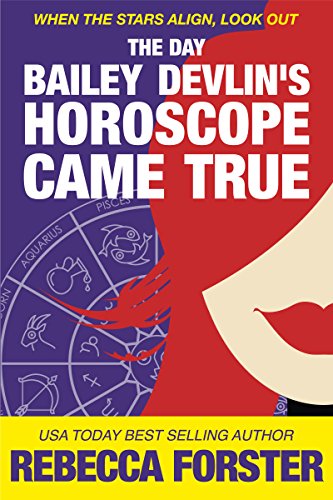Dear Extra Squeeze Team, How Do I Keep My Narrative Voice Consistent?
July 31, 2020 by The Extra Squeeze in category The Extra Squeeze by The Extra Squeeze Team tagged as critique groups, Narattive voice, POV, Revising, The Extra Squeeze Team
Dear Extra Squeeze Team,
I have three MCs in my historical fiction novel; each one in a different country. A critique pointed out that the voice kept changing. How do I keep the voice constant while maintaining the three different cultures?

Rebecca Forster
USA Today Bestselling author of 35 books, including the Witness series and the new Finn O’Brien series.
This sounds like an exciting and intricate project. It also sounds like you need to stop and assess your critique group’s input. Having not seen the work it’s hard to make a judgment regarding your question, but I think the changing voices would be necessary for a project of this scope. So ask yourself if, in this instance, is your author’s instinct appropriate or your critique group’s caution?
I wrote a book called Before Her Eyes that had first person and third person parallel stories. The voices had to be different and I wrote them as such. Readers had no problem with this.
What I do question, however, is the suggestion that you have three main characters. I will accept they are the MC’s of their separate sections of the book. However (again an assumption) they will all come together at some point. There will have to be a conclusion to this book and that means one character will have the star turn.
I would be curious to know if you really have three MCs or one MC and some very, very strong supporting characters. I will refer back to Before Her Eyes. While each track had a main character the climax of the book showcased one. His journey overrode hers. Good luck.

Jenny Jensen
Developmental editor who has worked for twenty plus years with new and established authors of both fiction and non-fiction, traditional and indie.
Whose voice? I’m going to assume you mean the narrative voice—1st PPOV or 3rd PPOV. It would be critical for the voices of the three separate MCs to be different from one another but consistent within each voice. I’m not so sure it would be so for an overall narrative voice unless it is 1st PPOV. That makes the narrator a character as well.
If we are talking 3rd person narrator be clear in your mind about the intent and purpose of the narrator—is it the omniscient 3rd person? Then you have the advantage of a voice that knows everything from the thoughts of a character to where in time all the characters are. Think of it as your writerly inner voice and stick with that for the omniscient narration.
If you are using a 1st person narrator then it is a character with it’s own strengths and weaknesses and agenda. As with any character the author needs to truly know who that character is. Tapping into that understanding will keep the narrative voice consistent through out.

Ever wonder what industry professionals think about the issues that can really impact our careers? Each month The Extra Squeeze features a fresh topic related to books and publishing.
Amazon mover and shaker Rebecca Forster and her handpicked team of book professionals offer frank responses from the POV of each of their specialties — Writing, Editing, PR/Biz Development, and Cover Design.
Say What!?
September 19, 2017 by Jenny Jensen in category On writing . . . by Jenny Jensen tagged as editing, reading, Revising, writing Every writer has to be an editor to some degree. Reading and revising what you’ve written is the first line of attack; the skirmish before an editor gets unbiased hands on the work. What are you looking for when you edit your own work? Search and destroy all worm words, cut down on adverbs and adjectives, delete extraneous dialog tags, trim unneeded prose; there is a ton of excellent advise on the web to help with a self-edit. But can it help you catch the muddle?
Every writer has to be an editor to some degree. Reading and revising what you’ve written is the first line of attack; the skirmish before an editor gets unbiased hands on the work. What are you looking for when you edit your own work? Search and destroy all worm words, cut down on adverbs and adjectives, delete extraneous dialog tags, trim unneeded prose; there is a ton of excellent advise on the web to help with a self-edit. But can it help you catch the muddle?
When you are on that heady writing roll where the words just flow and the story unfolds in your mind like a film then you write what you’re seeing — it’s a grand feeling. Just be sure you wrote what you meant to convey. When you reread those words you’re fixed on the meaning you intended. When an editor reads those same words they… just might laugh. Ah the consequence of the unintended.
I’ve encountered this muddle most where eyes are involved. Probably because it’s said that the eyes are windows to the soul. We’ve imbued two innocent organs with a near paranormal ability to transmit intent. And I think they can. The face is expressive but the eyes really can appear shifty, or soulful or hurt. And if you’ve ever really pissed your mom off, then you know that eyes can harden in anger. But there’s a thin line between expressive eyes and hilarious word play.
He lied. His eyes gave him away, gaze dropping fast to the floor and remaining there. Well, pick that gaze up for heavens sake. It’s dusty down there. But I get it and it works beautifully in the context of the scene, if it just didn’t conjure an image that makes me chuckle. We went with: He lied. The eyes gave him away. He couldn’t look at us. It was a great thriller and the book did well.
A different author; the scene is tense, the captive character needs to scope out the situation, there has to be a way out. Her eyeballs skittered across the room. Oh my! That hurts — eyeballs rolling away like errant marbles. It isn’t pretty. Please, let’s try: She scanned the room frantically…” It fit the moment and the book sold admirably.
OK, maybe the eyeball fix wasn’t the deciding sales factor — each of these authors is very, very good — but, in the end, neither provided unintended laughter. When you self-edit pay heed to what you’ve written. Do the words convey what you actually intended? Be vigilant of the muddle. No one wants to step on a skittering eyeball.
 With a BA in Anthropology and English I pursued a career in advertising and writing and segued into developmental editing. It was a great choice for me. I love the process of creating and am privileged to be part of that process for so many great voices — voices both seasoned and new.
With a BA in Anthropology and English I pursued a career in advertising and writing and segued into developmental editing. It was a great choice for me. I love the process of creating and am privileged to be part of that process for so many great voices — voices both seasoned and new.
I’ve worked on nearly 400 books over 20 years, books by noted authors published by New York houses including Penguin, Kensington, Pentacle and Zebra as well as with Indie bestsellers and Amazon dynamos. From Air Force manuals and marketing materials to memoirs, thrillers, sci fi and romance, my services range from copyediting to developmental coaching.
Having worked in advertising and marketing, I am always cognizant of the marketplace in which the author’s work will be seen. I coach for content and style with that knowledge in mind in order to maximize sales and/or educational potential. My objective is to help the author’s material stand out from an ever more crowded and competitive field.
2 0 Read more
Affiliate Links
A Slice of Orange is an affiliate with some of the booksellers listed on this website, including Barnes & Nobel, Books A Million, iBooks, Kobo, and Smashwords. This means A Slice of Orange may earn a small advertising fee from sales made through the links used on this website. There are reminders of these affiliate links on the pages for individual books.
Search A Slice of Orange
Find a Column
Archives
Featured Books
THE OTHER SIDE OF THE RIDGE: NEW YORK CITY September 10th and 11th, 2001
Can, time-traveler, retired Brigadier General Daniel Rodin stop the terriost attacks.
More info →SANYARE: THE REBEL APPRENTICE
To save millions of lives, she may have to sacrifice the ones she loves…
More info →LOST WITNESS: A Josie Bates Thriller
The sands of time are running out . . .
More info →THE DAY BAILEY DEVLIN’S HOROSCOPE CAME TRUE
Oh, boy! Oh, Bailey! What are you going to do when Fate decides to have a little fun?
More info →Newsletter
Contributing Authors
Search A Slice of Orange
Find a Column
Archives
Authors in the Bookstore
- A. E. Decker
- A. J. Scudiere
- A.J. Sidransky
- Abby Collette
- Alanna Lucus
- Albert Marrin
- Alice Duncan
- Alina K. Field
- Alison Green Myers
- Andi Lawrencovna
- Andrew C Raiford
- Angela Pryce
- Aviva Vaughn
- Barbara Ankrum
- Bethlehem Writers Group, LLC
- Carol L. Wright
- Celeste Barclay
- Christina Alexandra
- Christopher D. Ochs
- Claire Davon
- Claire Naden
- Courtnee Turner Hoyle
- Courtney Annicchiarico
- D. Lieber
- Daniel V. Meier Jr.
- Debra Dixon
- Debra H. Goldstein
- Debra Holland
- Dee Ann Palmer
- Denise M. Colby
- Diane Benefiel
- Diane Sismour
- Dianna Sinovic
- DT Krippene
- E.B. Dawson
- Emilie Dallaire
- Emily Brightwell
- Emily PW Murphy
- Fae Rowen
- Faith L. Justice
- Frances Amati
- Geralyn Corcillo
- Glynnis Campbell
- Greg Jolley
- H. O. Charles
- Jaclyn Roché
- Jacqueline Diamond
- Janet Lynn and Will Zeilinger
- Jeff Baird
- Jenna Barwin
- Jenne Kern
- Jennifer D. Bokal
- Jennifer Lyon
- Jerome W. McFadden
- Jill Piscitello
- Jina Bacarr
- Jo A. Hiestand
- Jodi Bogert
- Jolina Petersheim
- Jonathan Maberry
- Joy Allyson
- Judy Duarte
- Justin Murphy
- Justine Davis
- Kat Martin
- Kidd Wadsworth
- Kitty Bucholtz
- Kristy Tate
- Larry Deibert
- Larry Hamilton
- Laura Drake
- Laurie Stevens
- Leslie Knowles
- Li-Ying Lundquist
- Linda Carroll-Bradd
- Linda Lappin
- Linda McLaughlin
- Linda O. Johnston
- Lisa Preston
- Lolo Paige
- Loran Holt
- Lyssa Kay Adams
- Madeline Ash
- Margarita Engle
- Marguerite Quantaine
- Marianne H. Donley
- Mary Castillo
- Maureen Klovers
- Megan Haskell
- Melanie Waterbury
- Melissa Chambers
- Melodie Winawer
- Meriam Wilhelm
- Mikel J. Wilson
- Mindy Neff
- Monica McCabe
- Nancy Brashear
- Neetu Malik
- Nikki Prince
- Once Upon Anthologies
- Paula Gail Benson
- Penny Reid
- Peter Barbour
- Priscilla Oliveras
- R. H. Kohno
- Rachel Hailey
- Ralph Hieb
- Ramcy Diek
- Ransom Stephens
- Rebecca Forster
- Renae Wrich
- Roxy Matthews
- Ryder Hunte Clancy
- Sally Paradysz
- Simone de Muñoz
- Sophie Barnes
- Susan Squires
- T. D. Fox
- Tara C. Allred
- Tara Lain
- Tari Lynn Jewett
- Terri Osburn
- Tracy Reed
- Vera Jane Cook
- Vicki Crum
- Writing Something Romantic
Affiliate Links
A Slice of Orange is an affiliate with some of the booksellers listed on this website, including Barnes & Nobel, Books A Million, iBooks, Kobo, and Smashwords. This means A Slice of Orange may earn a small advertising fee from sales made through the links used on this website. There are reminders of these affiliate links on the pages for individual books.








































